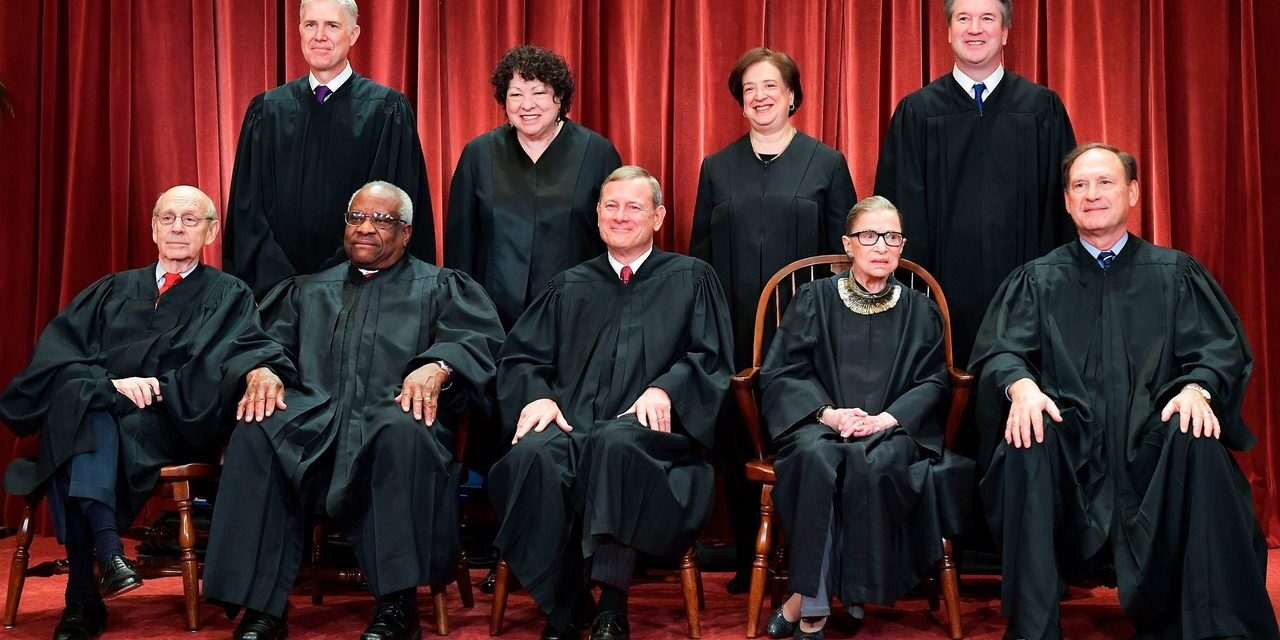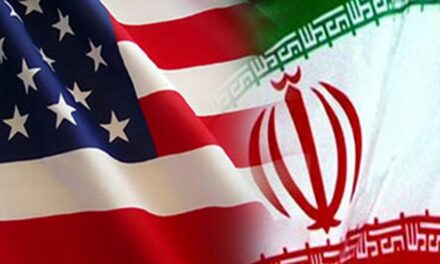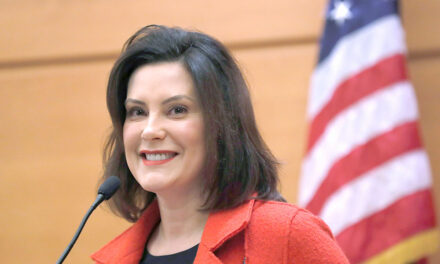From Justice Alito’s dissent:
Briefs filed by a wide range of religious groups—Christian, Jewish, and Muslim—express deep concern that the position now adopted by the Court “will trigger open conflict with faith based employment practices of numerous churches, synagogues, mosques, and other religious institutions.” They argue that “[r]eligious organizations need employees who actually live the faith,” and that compelling a religious organization to employ individuals whose conduct flouts the tenets of the organization’s faith forces the group to communicate an objectionable message.
This problem is perhaps most acute when it comes to the employment of teachers. A school’s standards for its faculty “communicate a particular way of life to its students,” and a “violation by the faculty of those precepts” may undermine the school’s “moral teaching.” Thus, if a religious school teaches that sex outside marriage and sex reassignment procedures are immoral, the message may be lost if the school employs a teacher who is in a same-sex relationship or has undergone or is undergoing sex reassignment. Yet today’s decision may lead to Title VII claims by such teachers and applicants for employment.
At least some teachers and applicants for teaching positions may be blocked from recovering on such claims by the “ministerial exception” recognized in Hosanna-Tabor Evangelical Lutheran Church and School v. EEOC, 565 U. S. 171 (2012). Two cases now pending before the Court present the question whether teachers who provide religious instruction can be considered to be “ministers.” But even if teachers with those responsibilities qualify, what about other very visible school employees who may not qualify for the ministerial exception? Provisions of Title VII provide exemptions for certain religious organizations and schools “with respect to the employment of individuals of a particular religion to perform work connected with the carrying on” of the “activities” of the organization or school, 42 U. S. C. §2000e–1(a); see also §2000e–2(e)(2), but the scope of these provisions is disputed, and as interpreted by some lower courts, they provide only narrow protection.
Healthcare. Healthcare benefits may emerge as an intense battleground under the Court’s holding. Transgender employees have brought suit under Title VII to challenge employer-provided health insurance plans that do not cover costly sex reassignment surgery Similar claims have been brought under the Affordable Care Act (ACA), which broadly prohibits sex discrimination in the provision of healthcare.
Such claims present difficult religious liberty issues because some employers and healthcare providers have strong religious objections to sex reassignment procedures, and therefore requiring them to pay for or to perform these procedures will have a severe impact on their ability to honor their deeply held religious beliefs.
Justice Gorsuch writes today in his majority opinion that how “doctrines protecting religious liberty interact with Title VII [of the 1964 Civil Rights Act] are questions for future cases.”






Recent Comments